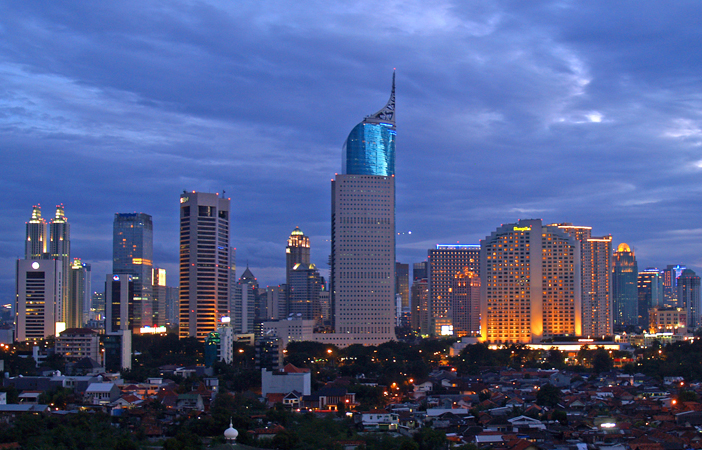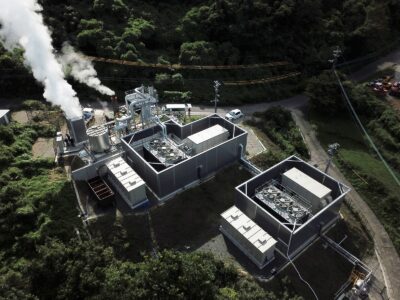Indonesian Geothermal Association welcoming new plans for exploration support
Indonesia has been trying to encourage more geothermal projects. The stalling in development comes due to issues with land acquisition and electricity pricing.
The following is an article posted in the Jakarta Post covering the expected expansion of the geothermal industry in Indonesia.
The Energy and Mineral Resources Ministry will continue to increase its budget allocation for the development of renewable energy in the coming years to support its program to reduce reliance on fossil-based fuels.
For next year, the ministry will propose a total budget of about Rp 25 trillion (US$1.9 billion), of which about Rp 10 trillion will be spent on the development of renewable energy and energy conservation efforts.
The proposed budget for the renewable energy and conservation is 10 times the approximately Rp 1 trillion in the 2015 state budget, according to Energy and Mineral Resources Minister Sudirman Said.
He said around Rp 1 trillion would be allocated for geothermal exploration.
In this year’s state budget, the Energy and Mineral Resources Ministry received a total of Rp 14.9 trillion, of which only around Rp 1 trillion was earmarked for the development of infrastructure related to renewable energy and energy conservation.
With the allocated money for geothermal exploration, Sudirman expects the government will be able to provide more data to attract investors to develop the geothermal potential.
As a country located in the “ring of fire”, Indonesia has potentially abundant geothermal resources. There is an estimated 29,000 megawatts of potential geothermal power capacity, one of the largest figures for such power production in the world.
However, there are currently only a few geothermal power plants in the country with a combined capacity of 1,341 megawatts.
In the past few years, the government has been trying to encourage more geothermal projects. However, the moves have been stalled for a variety of reasons, particularly land acquisition and electricity pricing.
Last year, the government issued a new geothermal law, which stipulated that geothermal was not to be regarded as a mining activity so that projects could be carried out in conservation areas.
A new ceiling price was also set to make the industry more attractive.
Abadi Poernomo, the Indonesian Geothermal Association chairman, said the ministry’s plan to provide funding for geothermal exploration would benefit the industry.
In the geothermal sector, exploration is the most risky stage with expensive outlays because technical and geological issues often hamper activities in tapping volcanic power.
However, Abadi said, a better disbursement system of the funding needed to be established.
“There is currently a geothermal fund managed by the Government Investment Center [PIP] which then lends the allocated money to developers. However, no developers use the fund because they don’t want to pay the interest the PIP charges,” he said.
The government is currently working to merge the PIP with the state infrastructure financing company Sarana Multi Infrastruktur (SMI) after it discovered that the PIP was unable to function optimally in various investment financing scenarios.
PIP has Rp 3.2 trillion in allocation for geothermal funding, according to SMI president director Emma Sri Martini. Should the merger plan be executed, SMI will manage the geothermal funding allocation. However, Emma argued that rather than disbursing the funds itself, SMI should involve the Energy and Mineral Resources Ministry.
“We have to think of new mechanisms for this funding because the realization of disbursement of the funding is zero. The ministry has a geology unit that can use the funds for exploration work and when it has data on the geothermal potential, developers can have the access,” Emma said.
Source: Jakarta Post


















